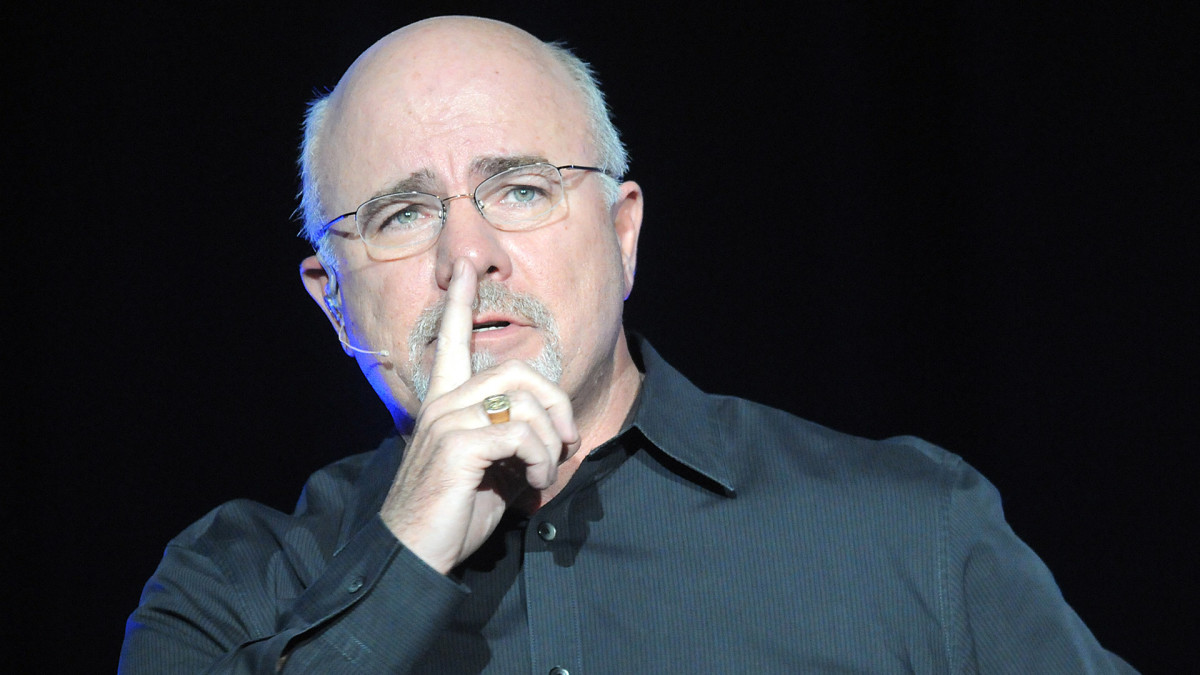
When the Federal Reserve lowered interest rates by 50 basis points on Sept. 18, many Americans pivoted their focus to mortgages and the effect the move might have on their real estate finances.
And personal finance bestselling author and radio host Dave Ramsey now has a major suggestion for people looking to make the most of their home-buying investments.
Don't miss the move: Subscribe to TheStreet's free daily newsletter
As October began, rates on 30-year fixed-rate loans nationally were averaging in the 6% range. Some sources even reported a few offers as low as 5.7%.
Then, a report published by the Mortgage Bankers Association of America began to show encouraging evidence of consumer interest in purchasing homes.
And experts predict a continuing quickening pace in the housing market if the Fed cuts interest rates when it meets again in early November, a move many expect.
As lower mortgage rates inspire increased activity in home sales, momentum figures to pick up with regard to another real estate maneuver as well: refinancing.
Ramsey has now weighed in with his thoughts on whether — and if so, when — homeowners should take advantage of decreasing mortgage rates as an opportunity to refinance their loans.
Related: Student loan forgiveness to give millions of Americans a stimulus payment
Ramsey explains the right time to refinance your mortgage
Refinancing a mortgage is the process of replacing your existing one with a new mortgage, which should offer a lower interest rate.
If you can get a lower rate, Ramsey suggests moving forward with a mortgage refinance, provided that you plan to live in your home long enough for it to result in significant savings.
If that's the case, Ramsey offers six steps you might consider on your path to a successful refinancing move.
More on Dave Ramsey
- Ramsey reveals blunt new Social Security payment warning
- Dave Ramsey discusses one big money mistake to avoid
- Ramsey has major warning on retirement, 401(k), Social Security
The first step is to take a good look at the numbers and be sure a refinance makes financial sense. Find out how much you will save per year and exactly what you will pay the lender to complete the deal. If this results in a considerable amount of savings, then the decision to refinance is most likely the correct one.
The second step, Ramsey says, involves shopping around to find the best interest rate available.
But the third step is equally important. This involves making a final decision on choosing your lender. In addition to finding the lowest rate, also factor in how much you will be charged in closing costs. Understanding both of those factors and comparing the results will reveal the best deal.

Shutterstock
Ramsey clarifies the final steps to a successful mortgage refinance
Next, as a fourth step, when you are sure you have found the refinancing plan that works for you, be sure to lock in the rate you have decided upon immediately.
Guaranteeing your rate might cost a bit of money, but it's worth the price because you would hate to see your rate rise after you believe you have found the one you want.
Related: Dave Ramsey has new words on a retirement, 401(k) plan many miss
Going through the underwriting process is the fifth step. This simply means proving to your lender that you have the means to vouch for your loan. The lender will take advantage of the opportunity to search through your financial history, bank accounts and pay stubs to verify your financial credibility.
And the final step is to close on the new mortgage. This process involves signing all the documents and paying the closing costs. It generally takes a month or two.
Paying a lower interest rate on your mortgage in this fashion can be a smart financial move.
"This is the most common reason people refinance their mortgage, and it’s often a great idea," Ramsey wrote.
Related: The 10 best investing books, according to our stock market pros







